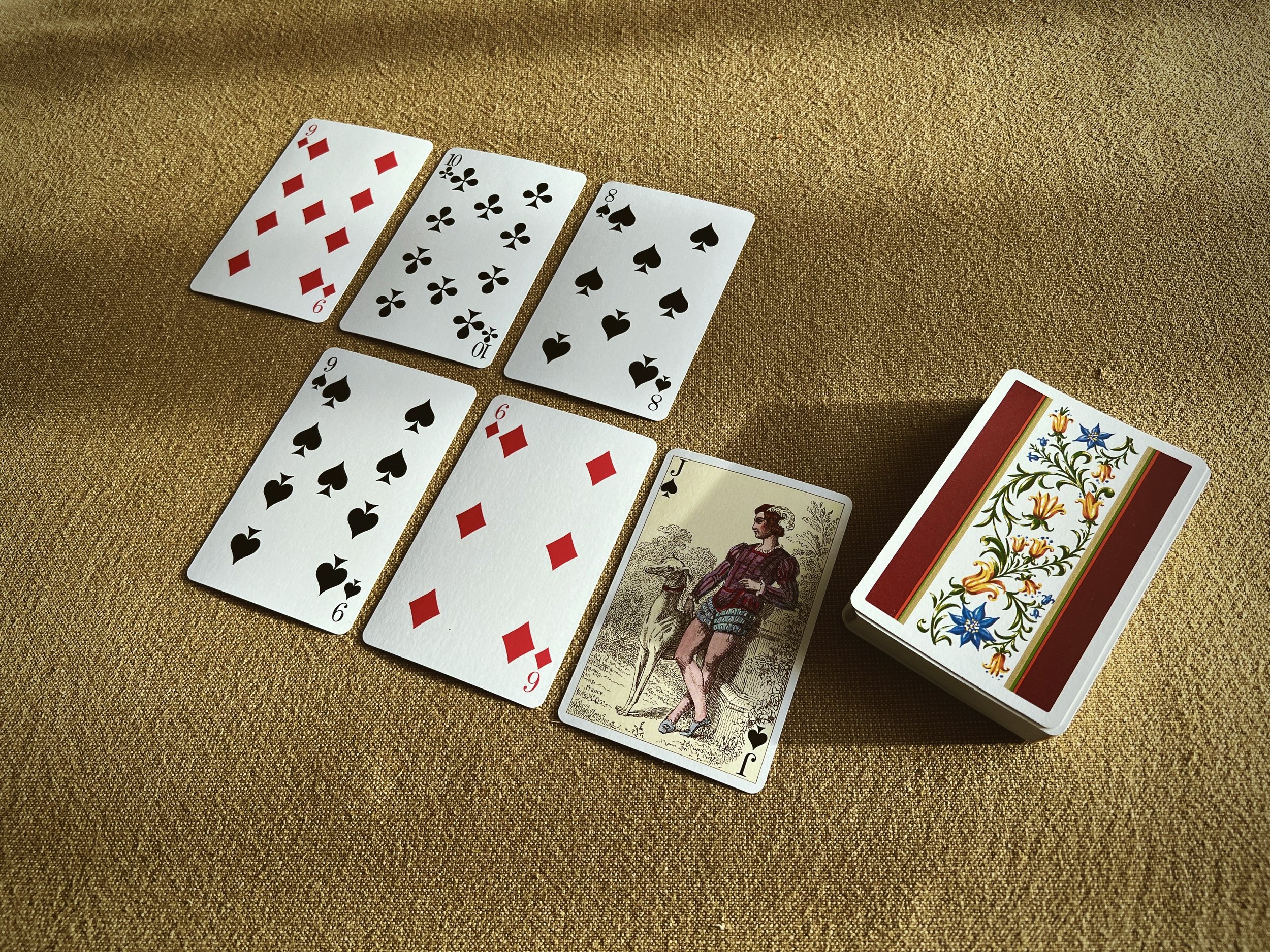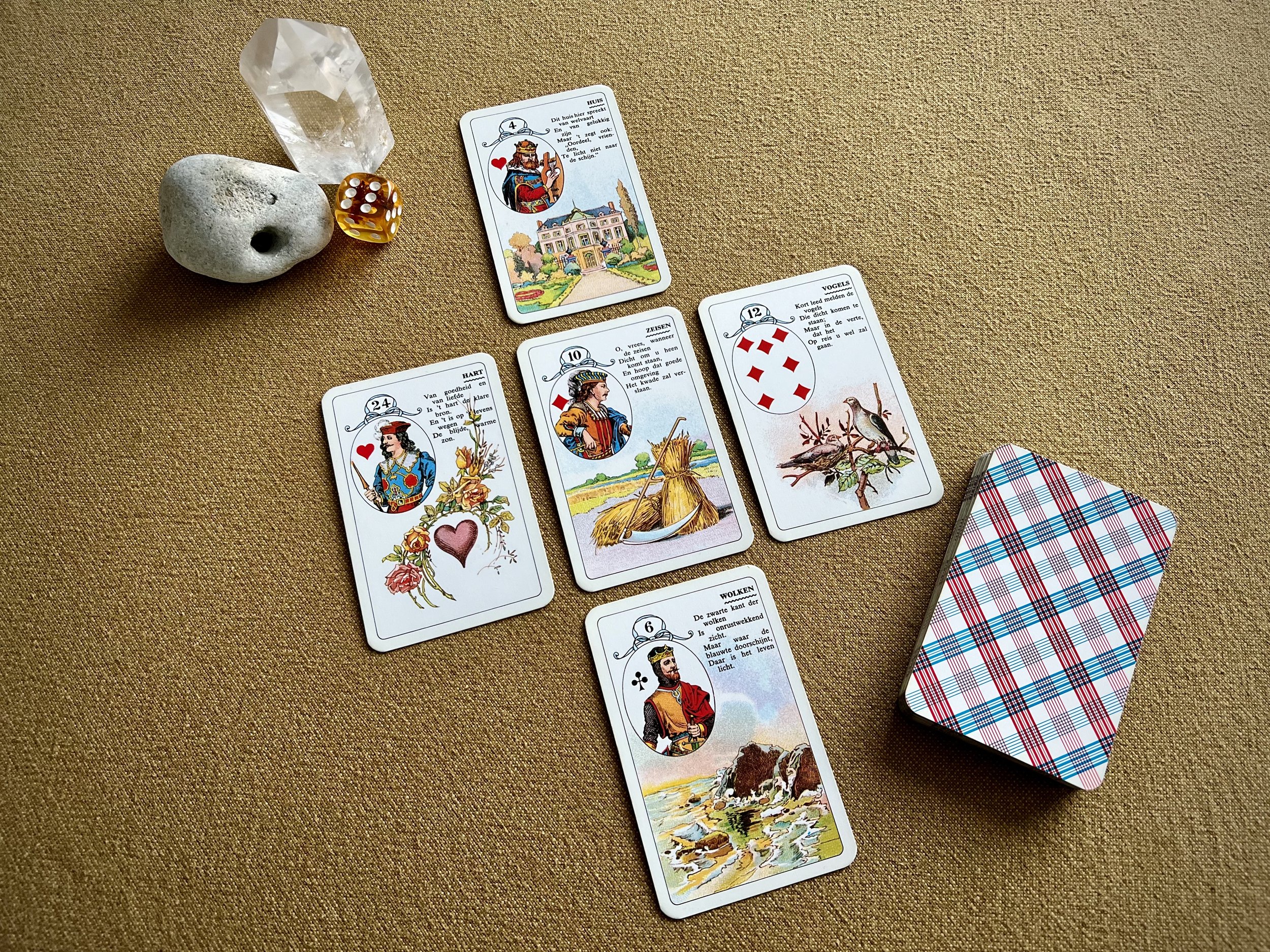The Agony of Choice
According to one of the greatest sociologists of the 20th century, Zygmunt Bauman, we are always confronted with a choice, and that choice is almost always agonizing (2000). Why? Because the modern society has primed us with the fear of missing out. Once we make a choice, we automatically lose the possibility of ever knowing what could have been if we went for plan B. And if this was not true, I would have to be honest and say that there would be hardly any work left for the fortune tellers.
Luckily for all of us, the choice-tormented souls, cards have a lot to say about making choices. A client of mine is stuck in a dilemma: continue working as a freelance designer (which provides a decent income), or grab the opportunity to become a design director in a renowned design agency. One option gives him freedom and uncertainty that comes with it, and another can be potentially way too stressful and lacking personal creative engagement (design directors direct, they rarely ever design themselves). He simply wanted to know what would happen if he stuck with one of these scenarios. Here I decided to pull out a Choice Spread with a deck of playing cards. The first row stands for option A: going for a director position; the second row stands for option B: remaining a freelance designer.
A 1975 Heraclio Fournier deck ‘Trajes Franceses”, a reproduction of an 1850 deck made by Gibert in Paris.
Well, nothing new under the sun here. It is clear that if my client embarks on a new journey as a design director, it will result in a handsome financial change (9 Diamonds), but as a result of literal sweat and tears, just as he feared (10 clubs and 8 Spades).
If he remains a freelancer, the anxiety remains as well (9 Spades), but he will be able to stay on a sustainable financial path, executing short-term projects (6 Diamonds and the Jack of Spades).
In summary, a less-than-desired situation, as neither option offers any peace of mind. “A third way, then.” my client simply concluded, to which I could only offer a nod of approval.
Why playing cards this time around? To quote my friend and mentor Camelia Elias:
“Because they are sharp. There are 4 suits each fulfilling their role under the rulership of a court card. The playing card deck is not a democracy. The low numbers cannot win over the high numbers, nor can the lower in rank beat their superior. This is called keeping it simple.”
If you would also like to dive into the fascinating world of divination by playing cards, Aradia Academy (run by Camelia and her partner Bent) is starting a new round of the Playing Cards Foundation Course tomorrow. There are still 10 spots left so if you hurry up you will still be able to secure a spot.
References
Bauman, Z. (2000) Liquid Modernity. Cambridge: Polity.
And for all your agonizing choices, you can always book a Small Reading via the Readings page. This option covers a six-card reading on a choice between the paths you are presented with. Or feel free to contact me with your query, and we can determine the right reading option together.



